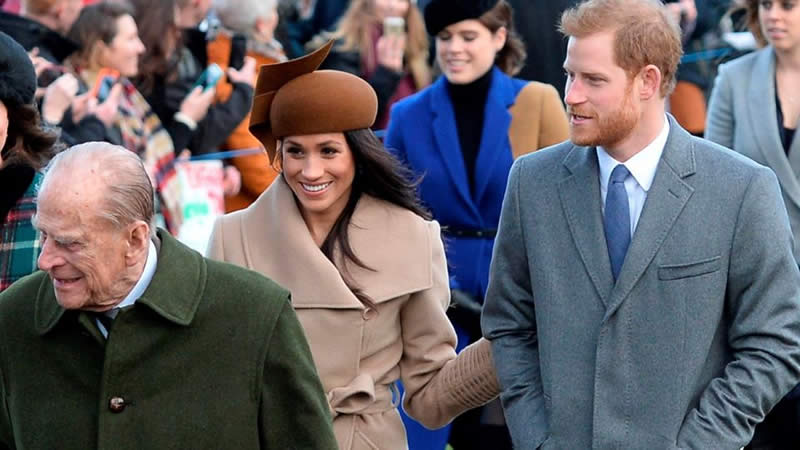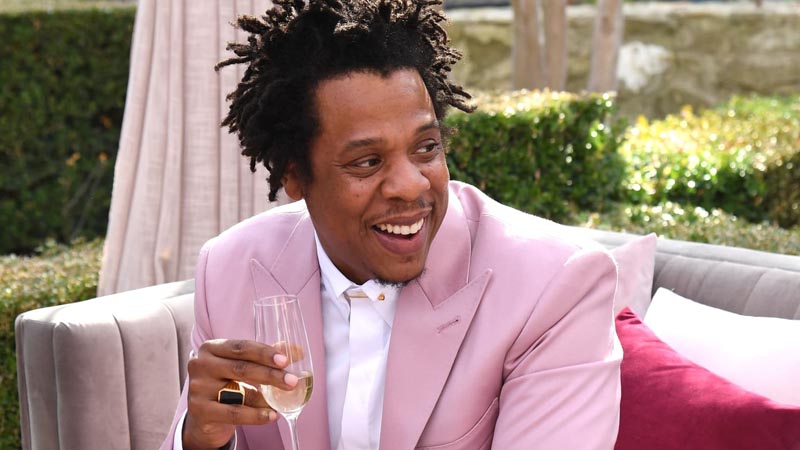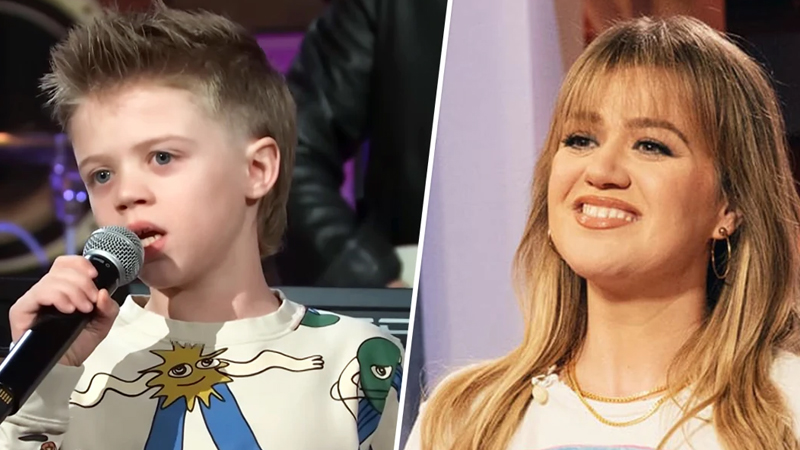Meghan Markle faces ‘ultimate betrayal’ from loved one in fresh row

(Getty)
Meghan Markle’s brother, Thomas Markle Jr., has found himself at the center of controversy among royal experts and commentators following his decision to post a series of disparaging videos about the Duchess of Sussex on YouTube.
These videos, in which he mocks Meghan, have not only drawn criticism for their content but also for the fact that Thomas Jr. appears to be profiting from these posts, accepting cash tips from viewers in exchange for his derogatory remarks.
“Thomas Jnr is clearly eaten up with jealousy over his half-sister’s fame and fortune and is trying to profit by prostituting himself on YouTube,” she claimed. “To have your own flesh and blood lead the assault must feel like the ultimate betrayal for Meghan,” the royal expert lamented. “Have we learned nothing from the way Diana was treated 30 years ago?” she wondered, adding: “Meghan and Catherine must feel similarly abused by the internet trolls who attack them.”
This behavior has ignited a significant backlash, prompting former BBC royal correspondent Jennie Bond to speak out against the attacks. In a strongly worded opinion piece published by The Mirror, Bond criticized the streaming platform for allowing such content and called for immediate action to address the situation.
Her appeal reflects a growing concern over the negative impact of such videos, not only on the individuals directly involved but on the broader discourse surrounding public figures. Bond further highlighted the double standards in media treatment by drawing a parallel between the online abuse directed at Meghan and the wild conspiracy theories that have recently plagued Kate Middleton.
Kate, too, has been the subject of intense speculation and unfounded rumors concerning her health, following her noticeable absence from the public eye since the beginning of the year. This comparison serves to underline the often harsh and invasive scrutiny that members of the royal family, especially the women, face in the public and media.
The situation with Thomas Markle Jr. casts a spotlight on the darker aspects of fame and the sometimes toxic dynamics within families thrust into the public eye due to their connections with high-profile individuals. It also raises questions about the responsibilities of social media and video-sharing platforms in curating content and protecting individuals from targeted harassment.
As Meghan’s estranged half-brother, Thomas Jr.’s actions are not just a personal family matter but have broader implications for the discourse around privacy, respect, and the ethical boundaries of monetizing personal grievances. The case is a stark reminder of the complex interplay between public interest, media ethics, and personal animosity.
In the broader context, such incidents contribute to ongoing discussions about how media platforms should handle content that is potentially harmful or abusive, especially when it involves public figures. The calls for accountability from figures like Jennie Bond reflect a wider societal push for more responsible media practices, emphasizing the need for platforms to take a proactive stance in preventing the spread of harmful content while balancing freedom of expression.


